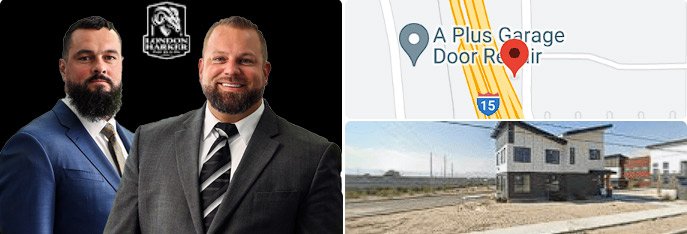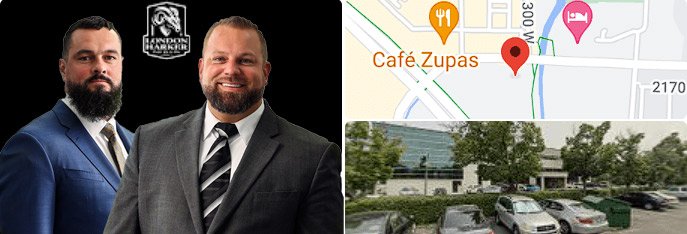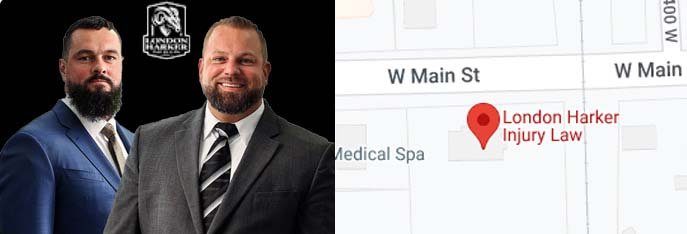Posted on Thursday, October 31st, 2024 at 6:35 pm
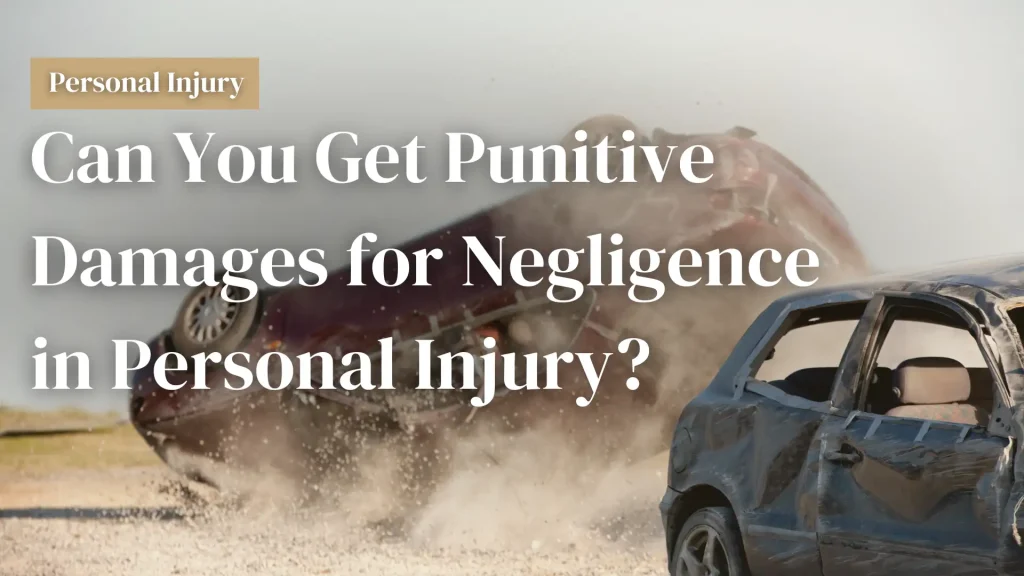
Most of your compensation in a Utah personal injury case makes up for your injuries and other losses. However, you could recover additional compensation in intentional wrongdoing or extreme recklessness cases. This additional compensation, called punitive damages, can significantly increase your claim’s value. While you can’t recover punitive damages for simple negligence, you could recover them in other circumstances, as explained below.
What Are Punitive Damages?
Punitive damages are a specific type of compensation available in some Utah personal injury cases. To understand the role of punitive damages in these cases, it helps to compare and contrast them with compensatory damages. Compensatory damages, which make up most of your compensation, are intended to make you whole after an injury. They cover specific losses, such as:
-
Medical expenses
-
Lost income
-
Reduced future income
-
Pain and suffering
-
Property damage
-
Loss of enjoyment
Punitive damages, on the other hand, do not compensate you for anything specific you’ve suffered because of your injuries. Instead, they are meant to penalize people or institutions for their behavior. Punitive damages are awarded only in cases where the at-fault party’s conduct was intentional, malicious, or extremely reckless. These damages send a strong message, holding wrongdoers accountable and discouraging others from acting similarly.
When Are Punitive Damages Awarded in Utah Personal Injury Cases?
Punitive damages are unavailable in settlements, so you must present your case in court and win to recover this compensation. Under Utah law, courts can only award you punitive damages if compensatory damages are awarded first. Additionally, you must provide clear and convincing evidence that the at-fault party’s behavior was willful, malicious, intentionally fraudulent, or showed reckless disregard for others’ rights.
During a trial, the court assesses whether the defendant’s actions meet the legal requirements for punitive damages. Evidence of the defendant’s finances is only admissible after liability for punitive damages has been established. This rule helps ensure that punitive damages are based on the severity of the defendant’s conduct, not on their wealth.
Does Utah Cap Punitive Damages in Personal Injury Cases?
In Utah, punitive damages in personal injury cases are divided between the injured party and the state when they exceed $50,000. The injured party receives the first $50,000 of punitive damages awarded. Any amount above $50,000 is split equally between the injured person and the state.
Utah law does not explicitly cap the total amount of punitive damages someone can recover. However, this division helps ensure that the injured party and the state benefit from significant punitive awards. The state’s portion of these damages goes into Utah’s General Fund budget after deducting legal fees and costs.
Courts follow a specific order when distributing any payments toward damages. The amount for compensatory damages and related legal costs are paid first. Then, the initial $50,000 of punitive damages goes to the injured party. Any remaining amounts are divided equally between the state and the injured person.
While punitive damages typically follow strict rules, there are exceptions in certain situations. For example, state law says the usual requirements for punitive damages don’t apply in cases involving impaired drivers. So, if someone causes harm while driving under the influence of alcohol or drugs, the injured party can recover punitive damages without needing to prove the conduct was willful, malicious, or fraudulent.
Another exception applies in cases involving the illegal distribution of controlled substances. If a person’s actions in distributing drugs lead to someone’s death or addiction, the law allows punitive damages more freely. This includes situations where the defendant is part of a “chain of transfer” that ultimately caused harm. These exceptions reflect the state’s goal of deterring particularly dangerous or reckless behavior.
Examples of Wrongful Behavior That Might Qualify for Punitive Damages
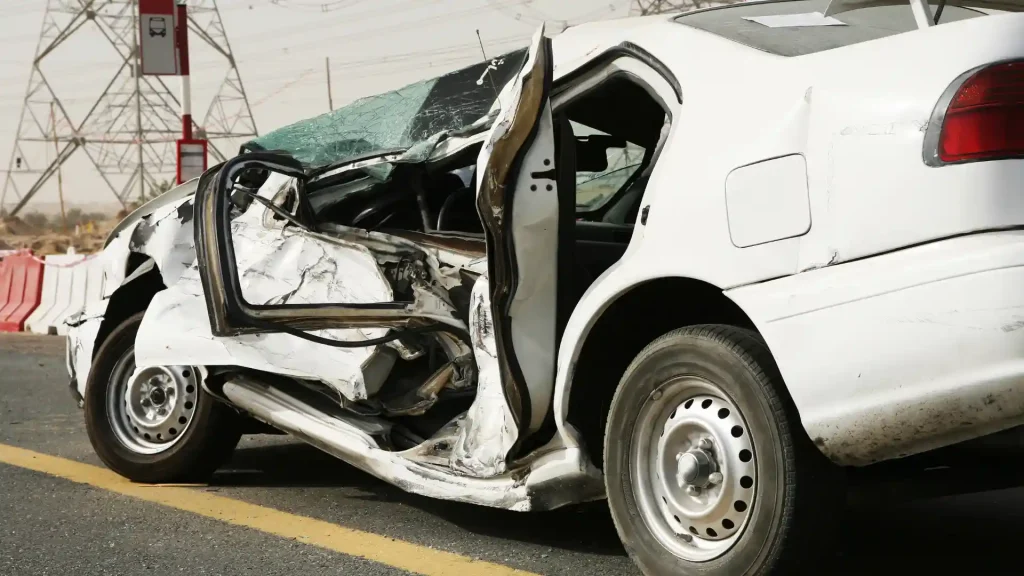 Some acts beyond simple carelessness may warrant punitive damages in Utah personal injury cases. Here are some examples of intentional wrongdoing or severe recklessness that might qualify:
Some acts beyond simple carelessness may warrant punitive damages in Utah personal injury cases. Here are some examples of intentional wrongdoing or severe recklessness that might qualify:
-
Driving While Impaired: A driver under the influence of drugs or alcohol puts everyone at risk. This reckless decision demonstrates a blatant disregard for public safety and can qualify for punitive damages under Utah’s exceptions for impaired driving.
-
Known Product Defects: A company may have to pay punitive damages if it knowingly sells a product with a dangerous defect and fails to warn consumers. This conduct meets the standard for punitive damages by showing reckless indifference to customer safety.
-
Nursing Home Abuse or Neglect: If staff at a nursing home ignore residents’ basic needs, leading to severe injury or illness, residents or their families could potentially recover punitive damages. This reckless or malicious neglect disregards the rights of vulnerable individuals and could warrant punitive damages.
-
Grossly Unsafe Property Conditions: In this scenario, a property owner intentionally ignores known hazards, such as failing to fix unstable stairs or remove dangerous materials like asbestos. This reckless disregard for visitors’ safety might meet the threshold for punitive damages.
-
Texting While Driving in Extreme Situations: Texting while driving in hazardous conditions like heavy traffic or poor weather may rise to reckless indifference. In some circumstances, this conduct endangers others and can justify a punitive damages award.
How We Can Help You Recover Punitive Damages for Negligence
At London Harker Injury Law, we believe punitive damages play a vital role in holding people and organizations accountable for recklessness or intentional harm. With our extensive legal experience and deep knowledge of Utah personal injury law, we can see if you might qualify for punitive damages. If you qualify for punitive damages, we can gather evidence demonstrating how the defendant’s actions meet the legal requirements. We’ll represent you in court and help you make the case for compensatory damages, clearing the way for punitive damages.
While recovering punitive damages is challenging, our Utah personal injury attorneys can help you make a persuasive case in court. Our attorneys have the legal knowledge and proven record of success to help you with your case. Call 77CARCRASH now or complete our contact form for a free consultation.
Related Posts
What Happens When You Reject an Insurance Settlement Offer?
